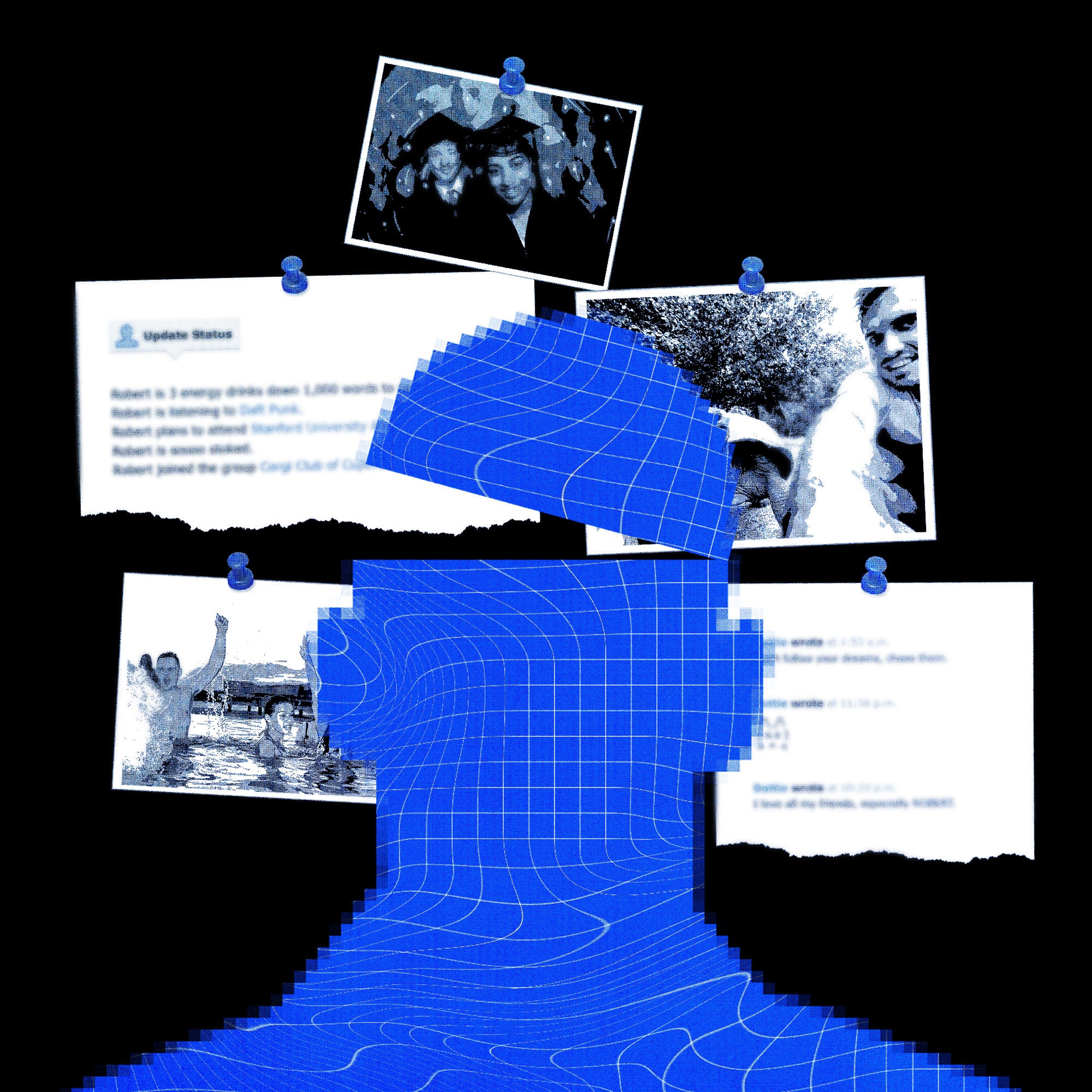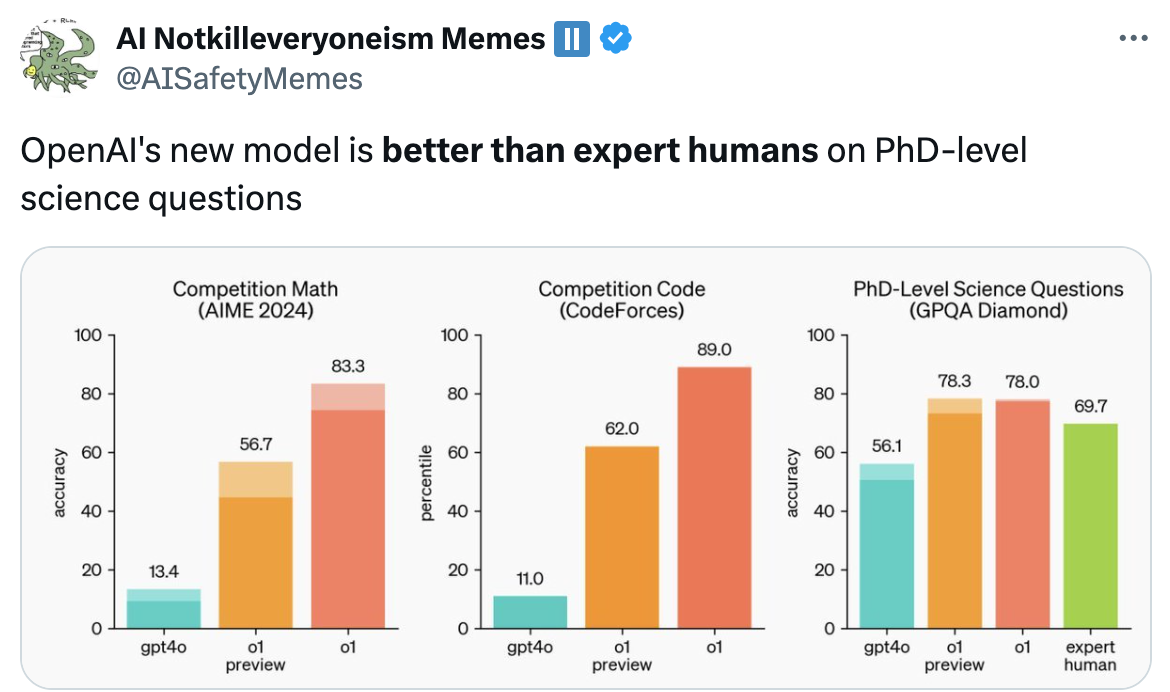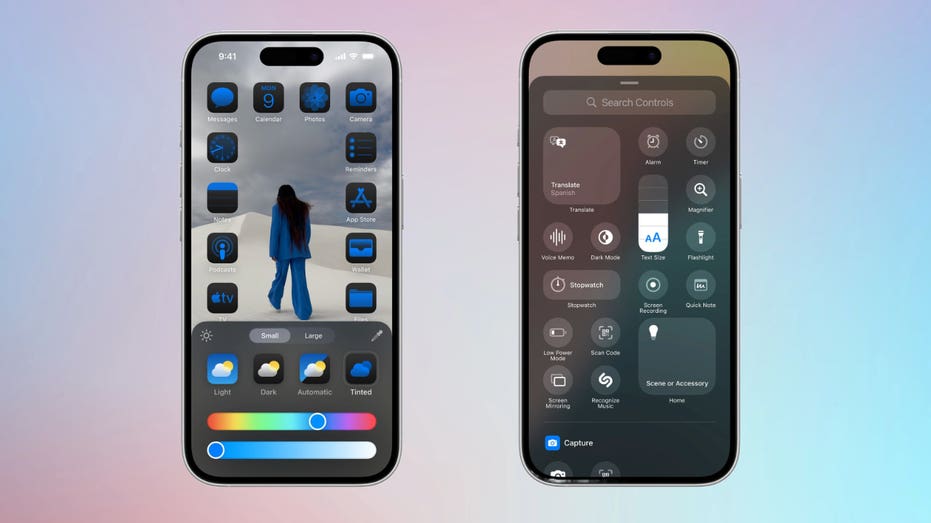To that end Ross [Ulbricht] had a flash of insight. “The idea,” he wrote in his journal, “was to create a website where people could buy anything anonymously, with no trail whatsoever that could lead back to them.” He wrote that he’d “been studying the technology for a while but needed a business model and strategy.”
Like most libertarians, Ross believed that drug use was a personal choice. And like all people paying attention, he observed that the war on drugs was a complete failure. The natural merchandise for his new enterprise would be drugs. “I was calling it Underground Brokers,” Ross wrote, “but eventually settled on Silk Road.”
[…] In a way, Silk Road was the logical extension of the libertarian view that animates much of the Internet (not to mention the rising political tide in Washington). It was Silicon Valley in extremis, a disruptive technology wrapped in political rhetoric. DPR [Dread Pirate Roberts—Ulbricht’s nom de guerre on the site] was its philosopher-king, envisioning a post-state digital economy, with Silk Road as the first step toward a libertarian paradise. Not only was Silk Road a slap in the face to law enforcement, it was a direct challenge, as DPR wrote, to the very structure of power.
All the more reason, of course, why the government wanted to shut it down. Ross had been flattered by the sudden media attention in June 2011, but when US senator Charles Schumer called a press conference to denounce Silk Road, he was alarmed. “The US govt, my main enemy,” he wrote, “was aware of me and … calling for my destruction.”
Ask Me One Thing
Karl Emil asks, “How can a single politician even consider voting for mass surveillance?”
Thanks for the question, Karl Emil. You are alluding to a European Union bill that proposes scanning private messages to check for evidence of child sexual abuse. That potentially means analyzing WhatsApp photos, iMessage texts, and Snapchat videos. In Europe, the debate about this bill has been extremely heated among a small group of people—especially over whether this regime should apply to messengers like WhatsApp or Signal that are end-to-end encrypted. I suspect Karl Emil’s question is rhetorical because he calls the bill “chat control 2.0,” the name used by privacy activists who say the bill basically amounts to mass surveillance. He’s also an IT security specialist who has been critical of the proposal in Swedish media.





